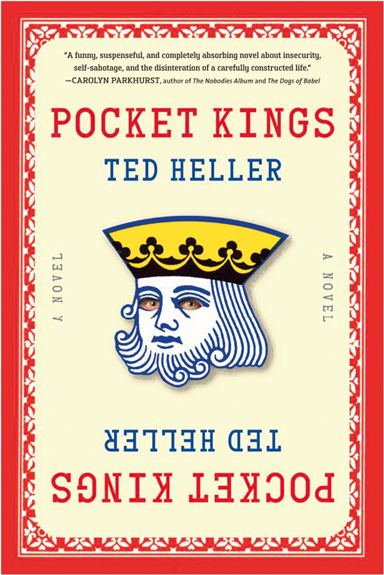Book Review: Ted Heller’s Pocket Kings
Ted Heller’s Poker “Memoir” Calls The Literary World’s Bluff


Latest Article|September 3, 2020|Free
::Making Grown Men Cry Since 1992




